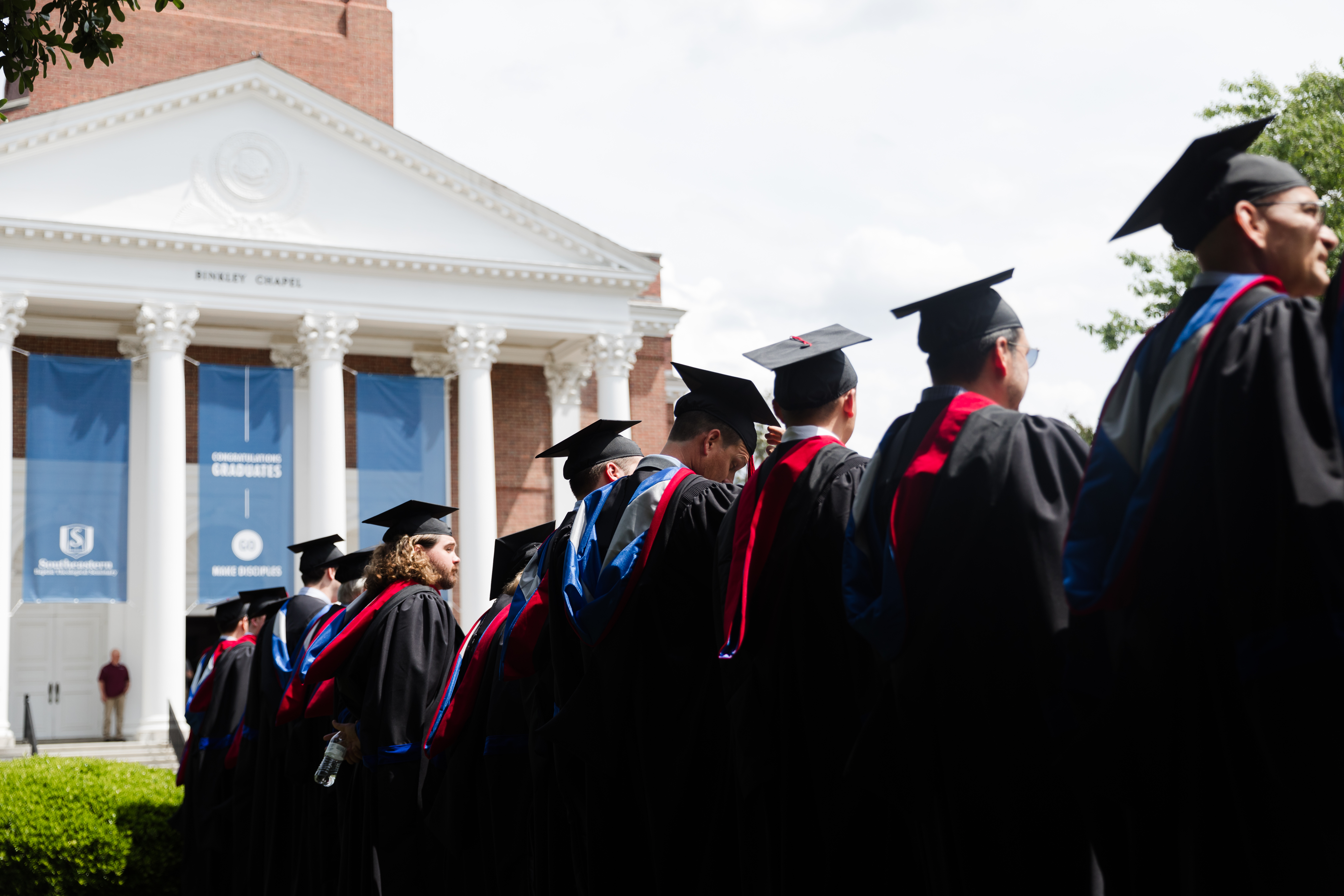The cultural mandate, found in Genesis 1:28, is God’s command to humanity to “be fruitful and multiply, fill the earth and subdue it, and have dominion.” It is a call to steward creation—cultivating, organizing, and developing the world in ways that reflect God’s order and creativity. Far from being limited to agriculture or family life, the mandate encompasses all kinds of work: building cities, writing code, teaching students, and repairing plumbing. It is the original vocation to co-labor with God in making the world flourish.
This is where the concept of “co-labor” finds its application. We do not work for God off to the side while our “real” job is sharing the gospel with coworkers. Nor do we compartmentalize our faith to simply weekend worship and private devotions. Instead, we work with God, participating in his ongoing care for the world. There’s no divide between sacred and secular. Good work is godly work when it reflects his goodness, beauty, justice, and creativity.
That means if you’re a plumber and you quote a Bible verse to a client but leave the job half-done, you’ve missed the mark. Christian witness is not just what you say—it’s how you live. Doing the job well, honestly, and with integrity is a theological act. It reflects the character of the God who made you and placed you in that role.
Scripture does not elevate one type of work over another. Paul’s charge in Colossians 3:23—“Whatever you do, work heartily, as for the Lord”—applies to all of us, not just pastors or missionaries. The honest mechanic glorifies God as much as the missionary overseas. The small business owner who treats her employees fairly is imaging God just as truly as the seminary professor. When we do good work—faithfully, excellently, and for the good of others—we are bearing witness to the good God who works.
Of course, sin has complicated this. Since the Fall, work is often frustrating or fruitless. But the gospel does not dismiss our labor—it redeems it. In Christ, our work is caught up into God’s broader mission of restoration. And while the thorns and thistles remain, the work itself is still good. It still matters.
“Co-Labor” means we work with God and with others. It reminds us that being a Christian in the workplace isn’t about adding a spiritual layer to our jobs. It’s about doing our work well because the work itself reflects who God is. And it’s about recognizing that every honest job is a space for discipleship and worship—not because we slap a Bible verse on it, but because we show up with skill, integrity, and love for neighbor.
When we embrace this, the workplace becomes more than just a means to a paycheck or recognition. It becomes a place of purpose. Not because we’ve added God to our work—but because he was already there.
Join Us at the Co-Labor Faith and Work Conference
If this vision of Co-Laboring with God and others for the common good resonates with you, join us for the Co-Labor Conference on October 11, 2025, at Open Door Church in Raleigh, NC. We’ll explore how our shared economic life—whether formal or informal—can be reimagined as participation in God’s mission.
Co-Labor is a Baptist faith and work initiative of Provision Financial Resources in partnership with the Center for Faith and Culture at Southeastern Seminary and NC Baptists. Co-labor is an initiative dedicated to equipping Baptists to integrate faith and work for the common good.
Learn more and register at colaborinitiative.org
CFC25 for 25% off Registration





No comments have been added.